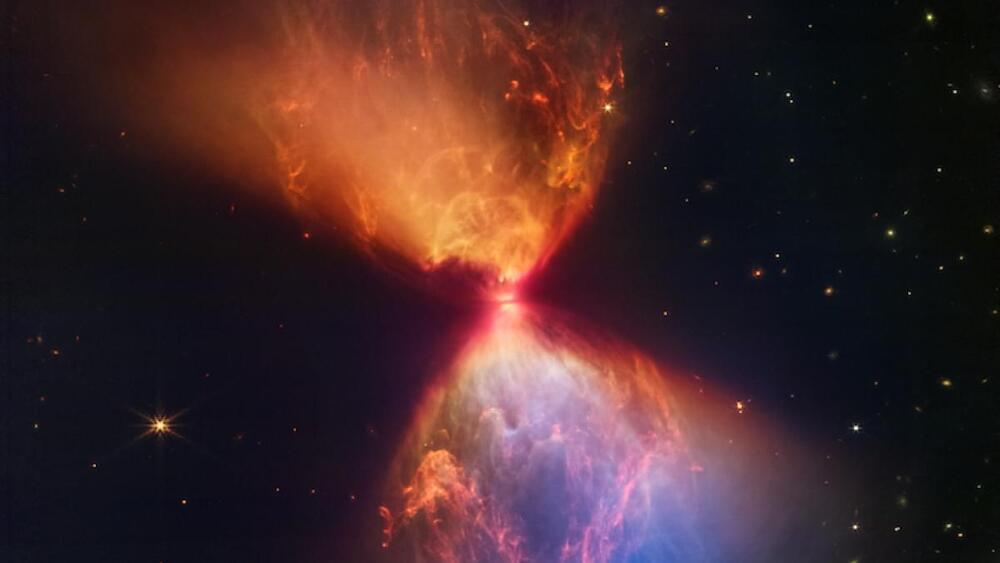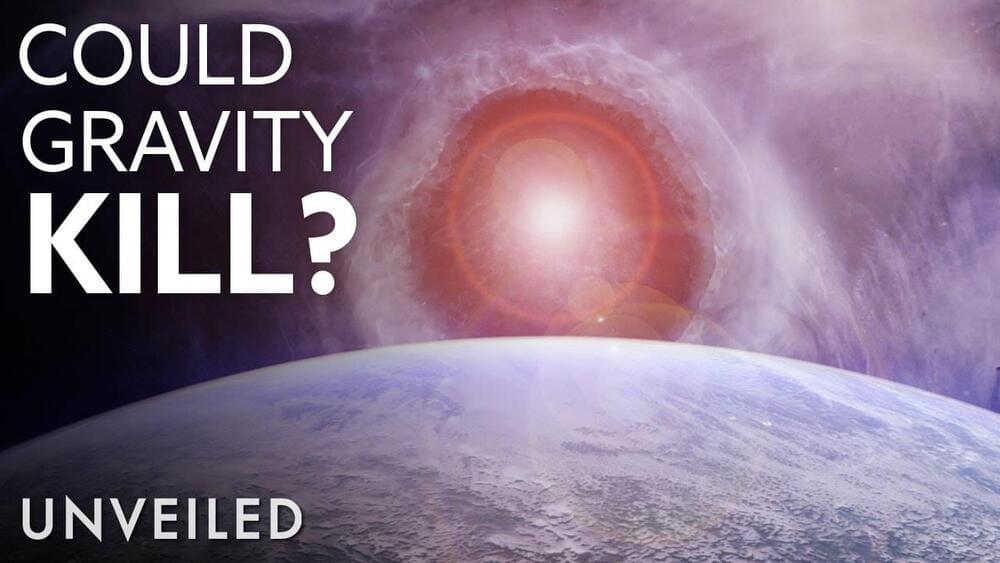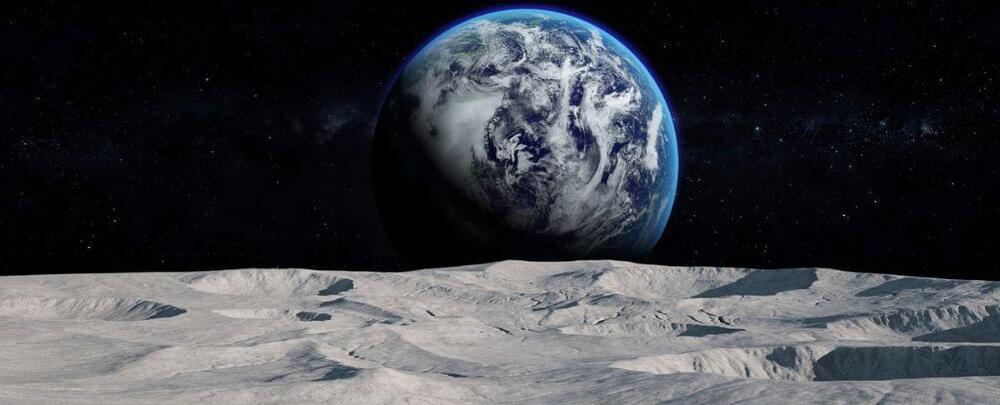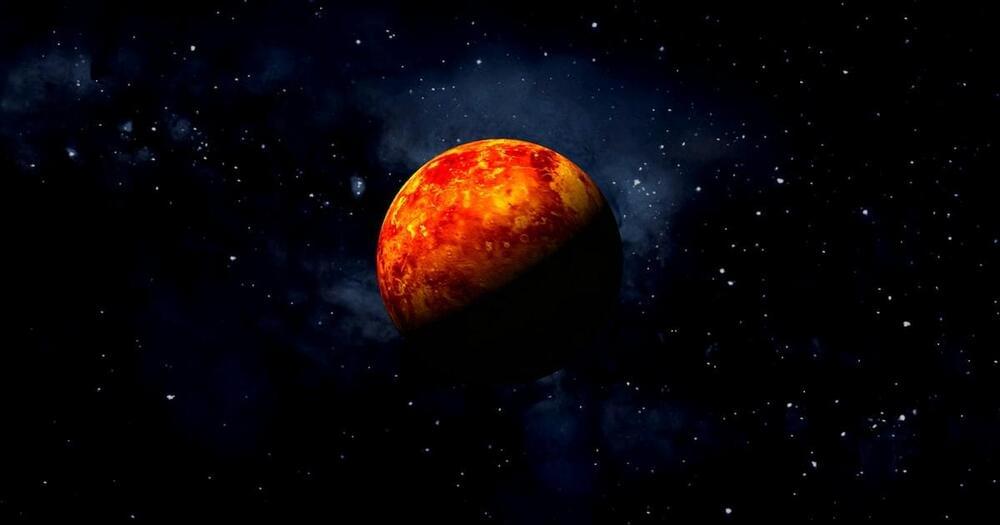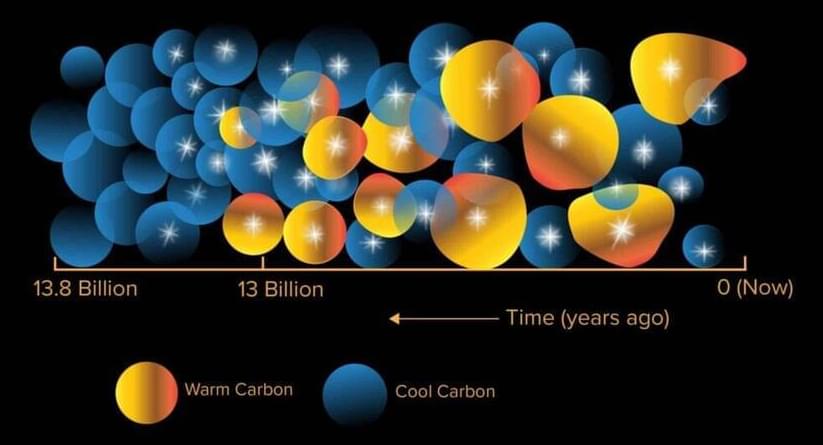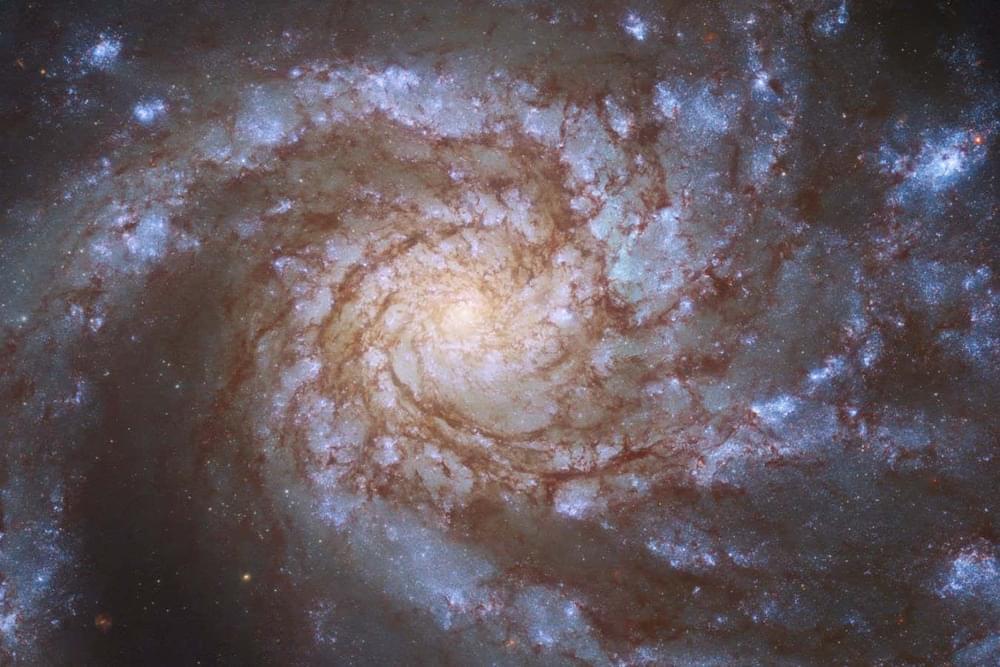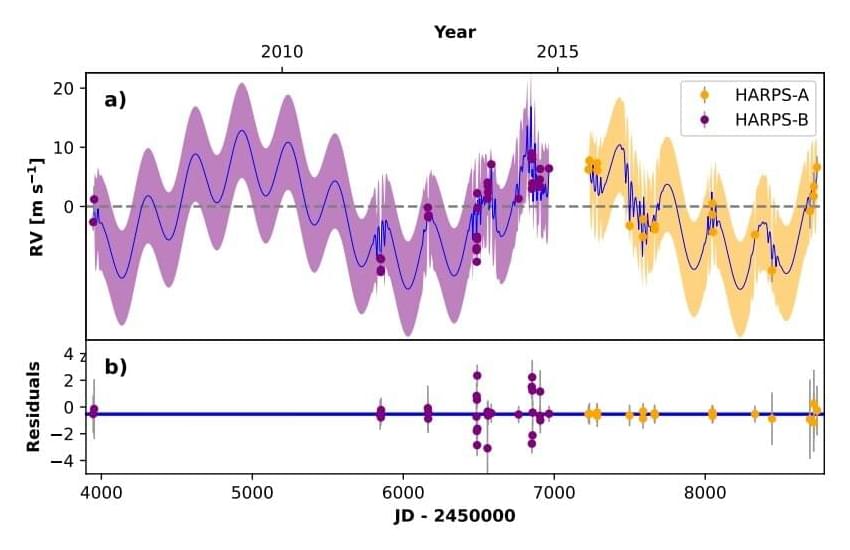
Astronomers report the discovery of two new exoplanets orbiting a bright sun-like star about 175 light years away. The newfound alien worlds, designated HIP 104,045 b and HIP 104,045 c, were classified as a Jupiter analog and a super Neptune planet, respectively. The finding was detailed in a paper published March 2 on the pre-print server arXiv.
The radial velocity (RV) method to detect an exoplanet is based on the detection of variations in the velocity of the central star, due to the changing direction of the gravitational pull from an unseen exoplanet as it orbits the star. Thanks to this technique, more than 600 exoplanets have been detected so far.
Now, a team of astronomers led by Thiago Ferreira of the University of São Paulo in Brazil, reports the detection of two new exoplanets using the RV method. They observed a solar-type star HIP 104,045 with the High Accuracy Radial Velocity Planet Searcher (HARPS) spectrograph on the 3.6m telescope of the European Southern Observatory (ESO) in La Silla, Chile. The observations, conducted as part of the Solar Twin Planet Search (STPS) program, resulted in the discovery of two massive extrasolar worlds.
